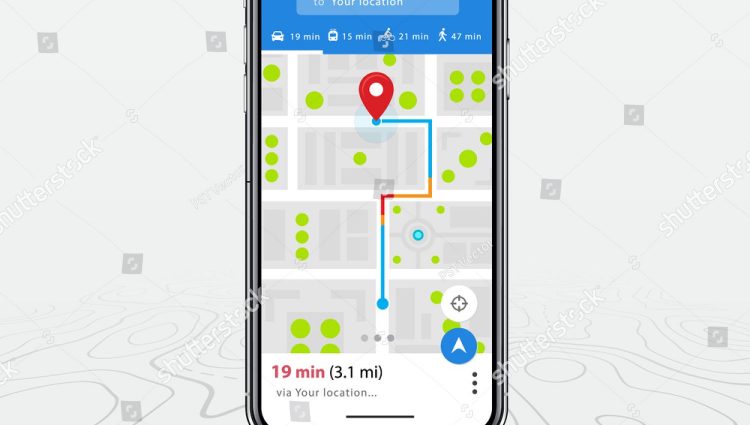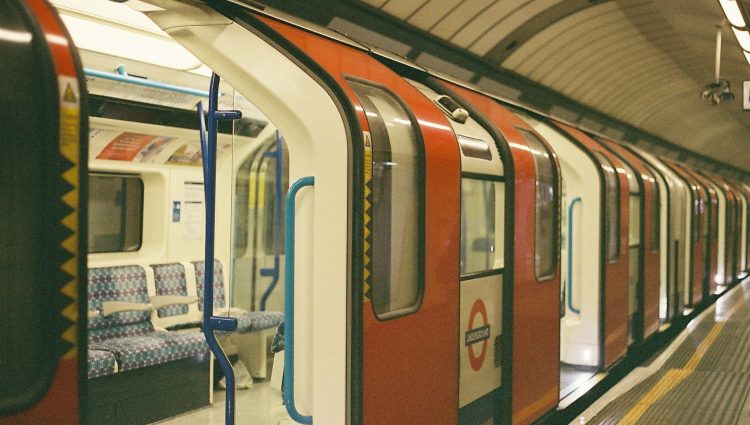As a blind or partially sighted student, starting university is exciting. But it can be nerve wracking, especially if your vision impairment means you need support with getting out and about and navigating campus safely.
This guide will outline what mobility-related support might be available to you via Disabled Students Allowance (DSA) and where to get support for mobility-related things not covered by DSA.
During your DSA Needs Assessment your DSA Needs Assessor should discuss your mobility needs to ensure you get the support that will best suit your individual requirements.
What Kind of Mobility Support Can I Get From DSA?
The following kinds of mobility support are known as ‘non-medical help’ (NMH) and are paid for and provided by DSA. This support is provided if you and your assessor agree that you need this to access university. There are other types of NMH support available too; check out our DSA Non-Medical Helper Support page for more detailed information.
Mobility Training
A mobility trainer is a professional who supports blind and partially sighted people to learn how to safely and independently navigate their environment. They will assess your campus, taking into account your confidence, sight levels and whether you use a long cane or other navigational aids, such as a monocular. They will provide a training programme to help you safely navigate your campus and get to and from your university and accommodation. They usually conduct this training at the start of your course so you can then get around independently in the future.
Sighted Guiding
A sighted guide can assist you with navigating your university campus by giving you practical support with getting around safely. This can include finding teaching rooms and avoiding obstacles. This is usually by offering you their arm and describing the environment as needed. A sighted guide may be with you for part of or all your university day, for an on-going basis, depending on your needs.
Transport Costs
If, as a result of your vision impairment, you need a particular type of transport to get to and from university campus, DSA can cover some of these costs. For example, this could be by using a taxi.
DSA travel support is calculated as the excess between public transport costs and the mode of travel you need. This could be the difference between a bus or train fare and a taxi. You will need to set up an account with a taxi firm, following DSA guidance, and payments will be made from DSA direct to the company once an invoice has been received.
These calculations, and how the claims process works, can be quite complex. They will depend on your individual situation, so you should discuss this thoroughly with your Needs Assessor.
Generally, DSA will only cover transport costs to your place of study from your accommodation and back. It will not cover any personal travel, such as from your university accommodation to the local shops. Usually, DSA will only pay for transport to timetabled study sessions. They will not pay for transport to extra-curricular activities.
If you are attending a work placement or field trip that is an integral part of your course, then DSA should cover these costs in the same way. Again, it’s best to discuss this during your DSA Needs Assessment if you anticipate these will be part of your course.
Top tip!
Before your needs assessment, make sure to research your course thoroughly. Your needs assessor should ask you about the university campus location, where you are likely to live, and any placements or field trips the course may involve. Knowing these things beforehand, means you can go into your needs assessment prepared for these questions and you won’t need to go back to ask for changes later, potentially delaying your support.
What Mobility Support Isn’t Covered by DSA?
Support with getting out and about for non-study-related activities, such as food shopping, isn’t covered by DSA. If you need help with these activities, contact your local authority as they should be able to help you with this. The same applies to support with daily living tasks in your accommodation.
What Support Will My University Offer?
Whether or not you receive DSA, you should discuss your mobility needs with a Disability Adviser at your university. Your Disability Adviser can put additional support in place to accommodate your mobility needs. For example this could be by taking your mobility into account when they create a Personal Emergency Evacuation Plan (PEEP) for you, in case you need to leave a building in an emergency.
As your university has a duty to make reasonable adjustments for any mobility needs you have due to your vision impairment, a Disability Adviser should put a plan in place to ensure you are supported at Open Days or freshers events.
What Happens If I Have a Guide Dog?
If you are attending university as a guide dog owner, you should contact Guide Dogs. They will be best placed to train you and your dog to work on any new routes you need to learn. If you are a guide dog owner, but still feel you need mobility support, then you should speak with your DSA Needs Assessor.
It’s a good idea to speak with your Disability Adviser about your guide dog. This is so you can arrange suitable spending areas. Your adviser can liaise with all necessary staff, to ensure your guide dog is appropriately welcomed and interacted with.
Need Support With Your Education?
If you would like further information, advice or guidance about DSA, or anything else relating to studying as a blind or partially sighted student, please contact our Education Information Advice and Guidance Service.







